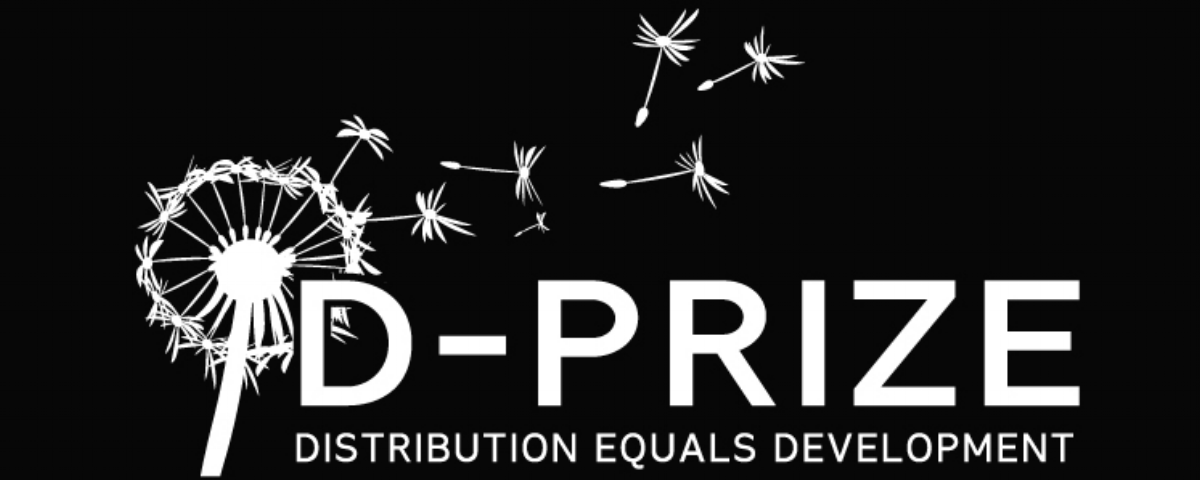COOKSTOVE CHALLENGE; BHUTAN
PROVEN INTERVENTION TO BE DISTRIBUTED
Efficient cook stoves and fuel cookies.
Learn more about the Cook Stove Challenge and how clean cook stoves reduce health and safety risks, lower fuel expenses, and help reduce poverty.
DISTRIBUTION MODEL INNOVATION
Dazin manufactures and distributes Fuel Cookies made from manually collected forestry wood waste such as tree branches, locally known as 'lops and tops'. Abundant available raw material is collected based on the requirements of each household and delivered at our extended network of collection points. Dazin fuel cookies will reduce the forestry wood required for cooking by 84%, reduce time spent collecting fuel by half, cost less than what customers use currently, allow for a healthy gross profit margin from fuel sales to allow the organization to expand.
The fuel and cook stove combination system is affordable, even for the poorest families, through the cross subsidized revenue model. Dazin provides free fuel cookies and free smokeless gasifying stoves in exchange for the rural households supplying free forestry wood waste. Due to the efficiency of the combined fuel and stove system, an excess of fuel cookies is produced compared to the wood waste provided. The surplus fuel cookies are sold in nearby cities to offset free services in rural areas and expand to new areas. For example, a woman living in a rural area collects 40-50% lesser forestry waste and provides to Dazin at the nearest collection point. She gets in return enough free fuel cookies to meet her cooking requirements. She also gets a smokeless gasifying stove on lease to use the fuel cookies. Remaining fuel cookies made from her wood waste contribution provides enough fuel for three equivalent urban households. These are sold at urban markets as a cost-effective and reliable fuel supply to offset her free services. Stoves are leased with a nominal yearly maintenance fee of $15-30 depending on the stoves. These inventories also supply directly to commercial customers such as restaurants and schools.
PILOT AND SCALING GOALS
- Set-up fuel production infrastructure over the pilot phase
Reach 4,000 households by 2016
Reach 28,000 households by 2017
FOUNDING TEAM
Deepak Ashwani - Co-Founder

